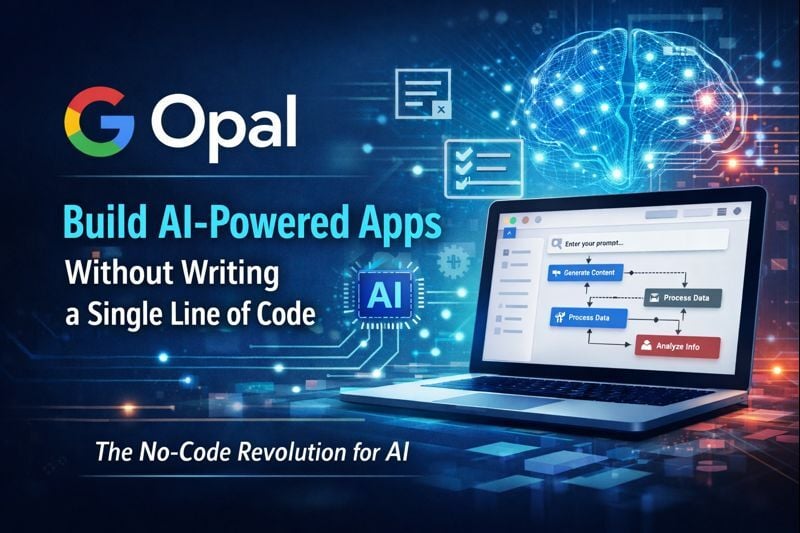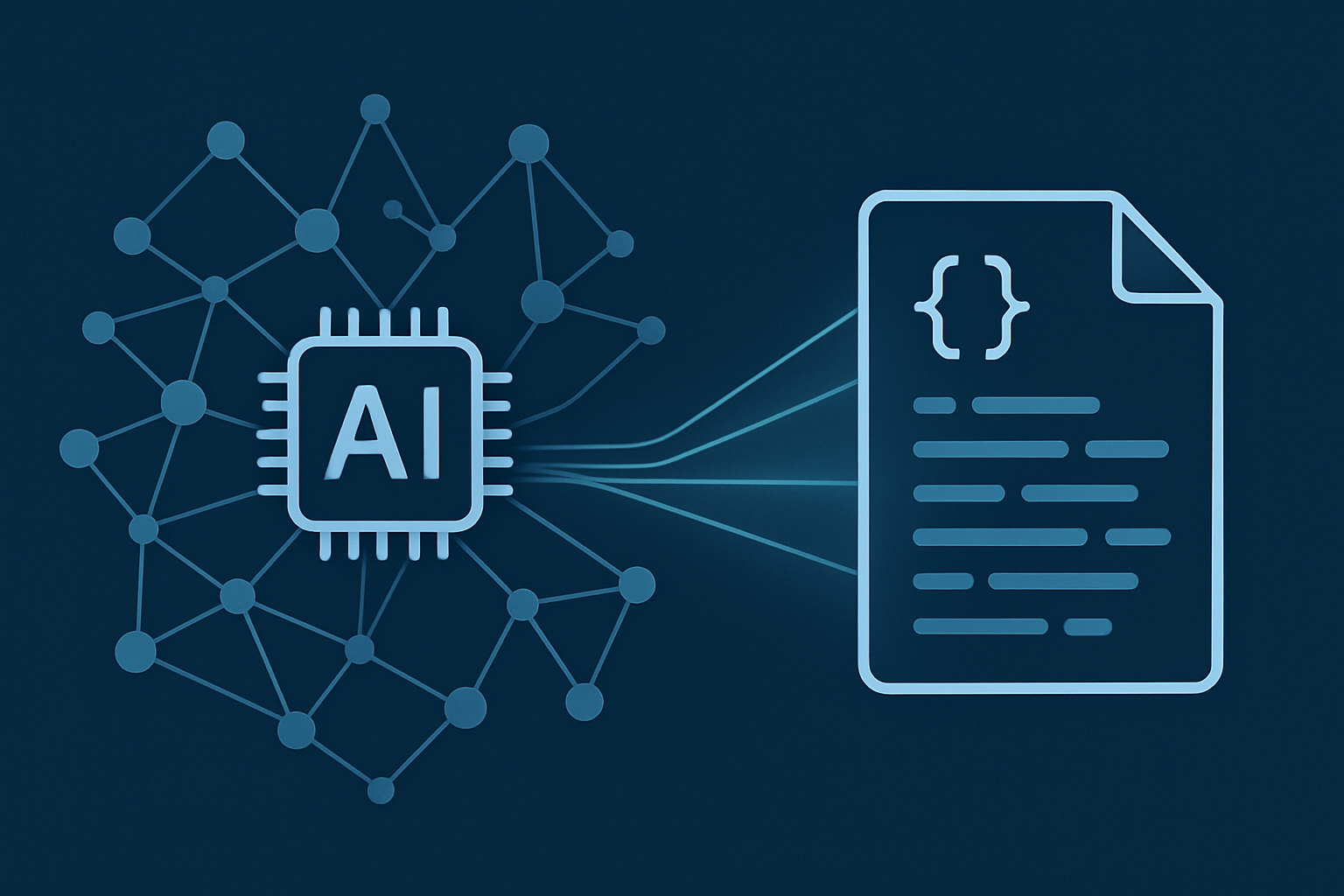Google Opal: Build AI-Powered Apps Without Writing a Single Line of Code
The tool that's quietly changing how we think about AI applications
3 min read
 David Mantica
Oct 30, 2025 8:03:39 PM
David Mantica
Oct 30, 2025 8:03:39 PM

When OpenAI announced that ChatGPT would begin supporting a new Apps SDK built on the Model Context Protocol (MCP), the developer and business communities took notice. This move marks a major shift in how large language models connect to real-world data and services—making AI more dynamic, secure, and commercially useful.
At its core, MCP is designed to make large language models work seamlessly with external systems and data sources. Much like USB standardized how hardware devices connect to computers, MCP standardizes how AI applications connect to data. It represents the next evolution of integration—one that has profound implications for companies, product managers, and anyone managing digital products or workflows in an AI-driven world.
From APIs to MCP: The Next Layer of Connectivity
Traditionally, developers have relied on APIs to connect applications with external systems. APIs work—but they’re fragmented, labor-intensive, and prone to errors. MCP replaces much of that friction by acting as a universal connector, allowing large language models like ChatGPT or Anthropic’s Claude to securely and directly access structured data from multiple systems.
Imagine an MCP server as a translator between your data and any AI model. Once connected, your content or application becomes discoverable to users interacting through AI platforms like ChatGPT. Just as web browsers became the default interface for information on the internet, AI assistants are becoming the default interface for interaction—and MCP ensures your product or content is visible there.
Why MCP Matters for Builders and Businesses
In the discussion, the speakers compared this moment to the early 2000s—when businesses were still asking, “Do we really need a website?” The answer, of course, was yes. Today, the same question applies to connecting your product or data to AI systems: “Do we need to MCP into it?”
If your organization sells, teaches, or provides content online, the answer is again yes. Consider platforms like Coursera or Canva, both early adopters of MCP. By connecting their systems to ChatGPT, their content is now directly accessible to hundreds of millions of ChatGPT users. Instead of building custom chatbots or marketing separate AI products, their material can appear natively inside ChatGPT search—instantly accessible and authenticated through secure protocols like OAuth.
For product managers, this is more than a technical detail. It’s a new distribution channel. MCP turns AI platforms into searchable marketplaces for services, data, and expertise.
Security and Monetization Built In
One major advantage of MCP is its built-in authentication layer. When a user accesses data from a connected service—say, a Coursera course or a private ERP system—ChatGPT will prompt them to log in or verify their access rights. That means organizations can maintain control, protect data, and monetize their content within the AI ecosystem.
For enterprise teams, this also means that internal systems like ERP, CRM, or data warehouses can be securely connected to AI tools without exposing private data to the open internet. The result: employees can query and analyze internal information safely through AI interfaces.
The End of “Build Your Own LLM” Thinking
One of the strongest takeaways from the discussion was this: stop trying to build your own large language model. The cost, risk, and complexity are prohibitive for most organizations. Instead, let the major AI providers—OpenAI, Anthropic, Google—handle the infrastructure. Your value lies in connecting your data, services, and workflows intelligently through MCP.
Think of it like this: airlines don’t build their own planes—they use Boeing and Airbus. Similarly, most companies should focus on how AI connects to their ecosystem, not on building their own models from scratch.
What’s Next: A New Internet Layer
The arrival of MCP feels like a turning point—similar to the rise of websites in the late ’90s. Soon, connecting your business to AI platforms may be as essential as having a domain name. For users, this will mean more accurate, personalized, and up-to-date results. For builders and project leaders, it means rethinking integration strategies, governance, and security models.
Some are calling it “SEO on steroids.” Instead of optimizing for Google’s crawlers, organizations will optimize for AI discoverability—ensuring their data and products surface in conversational interfaces.
Conclusion: Prepare for the MCP Era
MCP and the new Apps SDK represent a foundational change in how AI interacts with the world’s data. The organizations that act early—connecting their systems, defining access layers, and ensuring data quality—will gain a significant visibility and efficiency advantage.
Want to hear David and George from Team SoftEd discuss this topic in a livestream? Play the video below.
Interested in our courses, webinars, or corporate training solutions?
Send us a message and a member of our team will get back to you shortly.

The tool that's quietly changing how we think about AI applications

Marketers today face a dual challenge: audiences expect personalization, but teams are stretched thin managing tools, channels, and endless...

Artificial intelligence has blurred the lines between human intent and machine execution. Once, building software required layers of requirements...